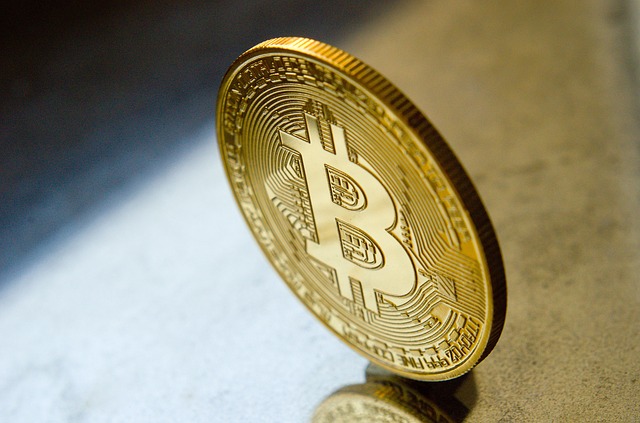Delay of Bakkt: Lack of liquidity has for sell out
Bakkt’s decision to postpone the launch of the physical Bitcoin futures to January 24, 2019 came a few days ago in the midst of a sharp downward movement and caused disappointment within the crypto community, which hoped for an upward trend due to a possible increase in trading volume.
Despite the disappointment, however, the Bakkt team has insisted that the Bitcoin futures will take place and that they are working hard to “create all the conditions” to ensure that the product meets all the legal, technological and economic expectations associated with such an important market as Bitcoin (BTC). The delay should therefore not be viewed negatively, but optimistically, as Bakkt explained in a series of tweets.
As the world’s most liquid and widely distributed cryptocurrency, and where we’ve seen the most customer demand, bitcoin’s profile creates a liquid product on which to build a futures contract (2/2)
– Bakkt (@Bakkt) November 21, 2018
Also, the company explains in its FAQ how the price of Bitcoin is set once the futures are traded:
In view of the transparency and regulation of futures markets, the futures price in a one-day, physically settled Bitcoin contract will serve as the pricing contract for the market. There is no dependency on cash platforms for settlement prices when pricing the daily Bitcoin futures contract.
It is also important to note that Bakkt, despite its high optimism about Bitcoin, does not exclude the possibility of opening futures for other crypto currencies:
We will consider additional contracts as the landscape evolves and we receive additional customer feedback about what they want and need.
lack of liquidity has caused sell-off
Say Bart Smith, head of the Digital Assets division at trading giant Susquehanna, a lack of liquidity in the Bitcoin markets has enabled the sell-off in recent days. For the coming months, Smith explained that the entry of Fidelity and Bakkt into the crypto currency market could increase BTC’s liquidity and lead to an increase in capital.
At this time it is quite difficult for an average trader to invest in the crypto currency market via trading platforms such as Coinbase. According to Smith, these impractical systems, such as KYC processes (Know Your Customer), have limited the crypto currency market to a relatively small group of investors who have a certain amount of know-how to invest in the “new” asset class
.number one, access for new capital is very difficult. If you are a global institution, it is still very difficult to buy Bitcoin the way you might want it to be. A wealthy person of the G.I. generation will not take a high-resolution photo of their driver’s license and send it to a website and send money there. They want to invest with Fidelity. You want to invest with Bank of America.
Smith added that the limited number of Fiat Exchangeses made it difficult for Bitcoin markets to absorb the growing selling pressure from investors who have lost confidence in BTC’s short-term trend due to the Bitcoin Cash Hard Fork fiasco.
That has led to the second problem, which without new ways for new capital, liquidity was very low. And so we saw a stable price throughout the summer, around 6,000 dollars. Volatility was really low at the end of July. So what happened was that in this environment, when you have a controversial hard fork, a certain amount of confidence was lost, and when these sellers come in, there is simply no liquidity to take it in. Hopefully there will be enough capital with Bakkt, Fidelity and other companies to absorb it.
As #bitcoin plunges and nears $4,000, Wall Street’s Crypto King Bart Smith of Susquehanna says he’s still a long-term believer in the cryptocurrency. pic.twitter.com/SzsL9tZAhB
– CNBC’s Fast Money (@CNBCFastMoney) November 20, 2018










